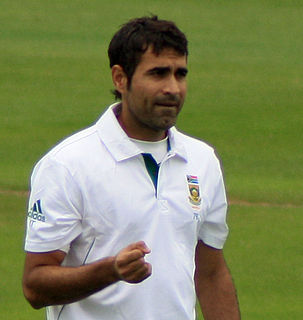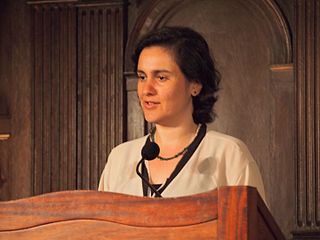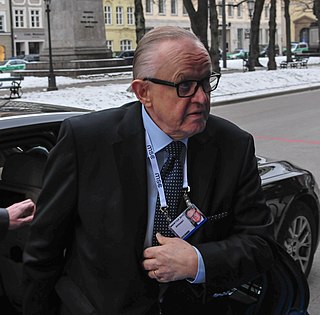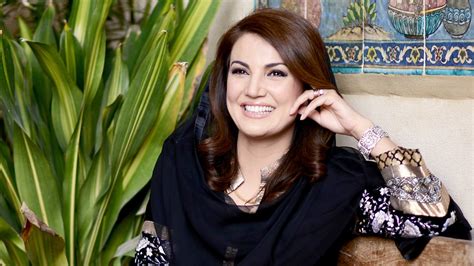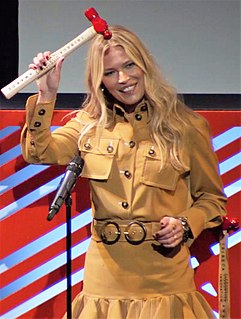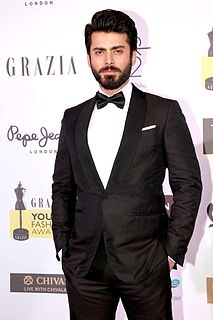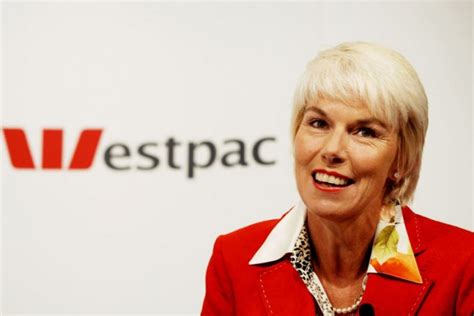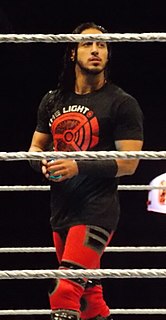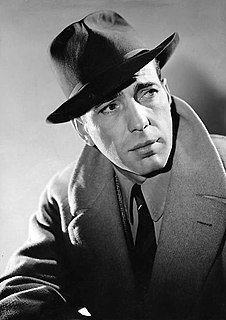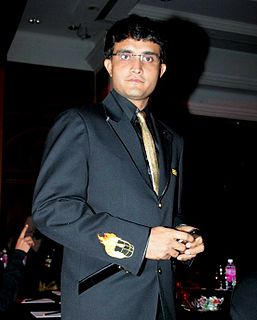A Quote by Imran Tahir
People think of me as well-travelled, but I had not been out of Pakistan until I was picked in the Under-19 squad in 1997. The flight went from Lahore to Karachi and then from Karachi to South Africa. It was my first time on a plane and my first trip overseas.
Related Quotes
When I choose the picture of the cover of the book 'Instant City: Life and Death in Karachi', I thought, gosh, many people in Karachi may not like this image; I'm representing the city as a burning bus. But to the contrary, they loved it, because that is people's understanding of their own city, of going on with life no matter what.
South Africa is not Cameroon. It's a strong economy. I think they should be the first ones setting an example - improving the legal punishments for those that are involved, reinforcing the borders from every angle, meaning that even the diplomatic plane that lands in South Africa should not have the green light to leave without having the plane inspected. Obviously, those guys are often involved. If I get killed for saying that, so be it. That is the fact. There's way too many important people that are involved that don't want to change.
I was born in Karachi, where my father used to work in the sales department of a pharmaceutical company. The nature of his job required him to travel, so we moved to Athens, Dubai, Saudi Arabia, and Riyadh and then went to Manchester during the Gulf War, moving back to Lahore closer to my father's retirement.
I would say that the one incredible thing that Karachi has going for it is the unabated supply of new migrants that pour into it day after day. It could be a poor factory worker who simply wants a job, it could be an ambitious guy coming for an education - they all add hope and vibrancy to the city. Now, this is not something that is generally taken as positive in Karachi. But the hope is that the migration that comes into the city replenishes its stores of resilience and energy.
